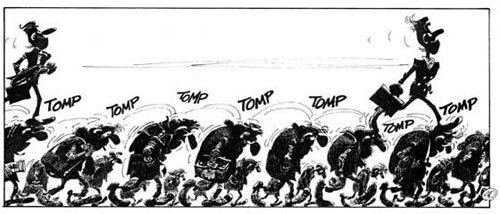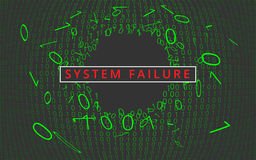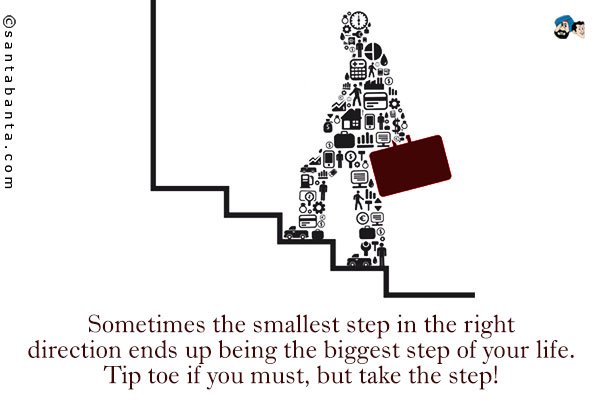
Source
A rather recent post by @lukestokes has given me much pause and cause to think. This is the second response to his post. The first one is here.
I would strongly suggest that you read his post first as Luke has quite a way of expressing his thoughts - and I shall be focusing upon my reaction and related perspective.
When I first began reading his post I thought it was going to be a simple stance against violence in competition.
It did start out that way.
And then it evolved.
As did my 'comment' to his post... which turned into the first post - and a part of this post - and I figured "Well - if thats how its going to be then I may as well do this right and go the distance.".
My mouth did curl into a wry smile as Luke began talking of circuses and good old Maslow's, but the more I thought about it the more something bugged me.
Of Maslow's Hierarchy of Needs & Peoples' Circle of Empathy
One thing that I've hardly if ever touched upon in my writings is my views on a World that could be.
One reason is because such has an unfortunate tendency of marking one a dreamer and nothing more.
...
Now one thing that Luke makes a point about is that as we move up Maslow's rather famous "hierarchy of needs", our "circle of empathy" expands.

Source
Even so - throughout my fanciful travels from one possibility to the next, I did ask myself some pressing questions of relevance.
One question concerned why so few rich persons decide to truly make a difference for the rest of us?
I once used to include charity founders and organizers within this list... and then I learnt that many charities are legally bound to pass on perhaps 10% of the goodwill collected to their intended recipients... often a year or more in the future - the lion's share of the remaining monies disappearing to "administrative overheads" (and the lining of pockets).
Thus that number of concerned persons rich not only in finances but also in their will to make a better World appear (by my perspective) to have more than halved. I guess I'm managing my expectations...

Source
On the wings of this sour observation I do wonder how Maslow's Hierarchy of Needs should have applied. Surely the richest among us all would have been best placed to set an example to the rest of us and found it in their hearts and budget allowance to light a path for the most disadvantaged?
Not that I quite begrudge them individually for not doing so. The truth is that to measure them by Maslow's hierarchy of needs, in my opinion, is to court certain presumptions that over time have demonstrated themselves to be false or at least inaccurate.
I am more inclined to set my sights upon the shortfalls of governing structures.

Source
Why? Because a government is not a person. A government is a tool.
A government is at its core supposed to be a caretaker of solutions created in order to address problems experienced upon a Societal level.
When a government takes on a life and purpose beyond the direct well-being of its people - it exists in contradiction of its purpose - and thus the cracks begin to show - and the system fails.

Source
Now... as I said, I've dwelt upon such issues in the past. I can appreciate the logic in stating that an excess in government support to the poor disincentivates the poor from making more of themselves.
I can see that introducing a comfortable situation of social security will have the effect of fostering procrastination and even an acceptance of a self-fulfilling prophecy of perpetual failure and base-level idleness (with or without a tendency to engage in family-making - because having children sordidly means more money - at least by the perspectives of some).
However, then I think of the alternative...

Source
...and I think to myself "Surely - if given a choice between these two extremes, there exists a path by which no woman, man or child need spend a hungry night exposed to the elements mere meters away from shelter and provisions."
Yes... the state could point its finger at the individual.
Yes... every individual has a responsibility to live up to.
A responsibility once delegated to the state for precisely this.
All those years ago I did come to a conclusion - a hypothesis as how to enable state intervention without negatively impacting the level of incentive that beneficiaries have in making more of themselves.
My conclusion?
Aim somewhere between a person's needs and wants.
The lower that one aims, above the base level required to address one's needs, the more optimal for incentive.
The term 'spartan' comes to mind.

Source
Within minimalist conditions one invokes a true safety net. The burden to the taxpayer is modest - and there is no reason why extended guest could not also be required to complete some modest tasks for their board. Enough to cover the costs but not so much as to impede their ability to move up.
If this could be achieved then one would not need to react with discomfort when some person walks up to the self on the street with palm outstretched and a request for money on his or her tongue. Not for reasons of hunger or homelessness, anyway - some may still grow creative about how they need money to pay for so-and-so procedure for the self or a dear relative...
Still - its a step in the right direction.

Source
This is another nod to @lukestokes - even if it seems that we might differ in views on this matter (perfectly fine).
I plan on revisiting his interesting post to provide my angle on the one more aspect that I wish to address.
In the meantime it is my hope that this post offered you, the reader, some food for thought about this subject matter. I feel that I have but scratched the surface.
If you found this post interesting and would like to share this with your friends then a resteem couldn't hurt.
If you 'didn't' like this then feel free to share your views in comments. A civil conversation can go a long way.
Sincerely,

Previous Post: A Solitary Radar Station - MonoMad
